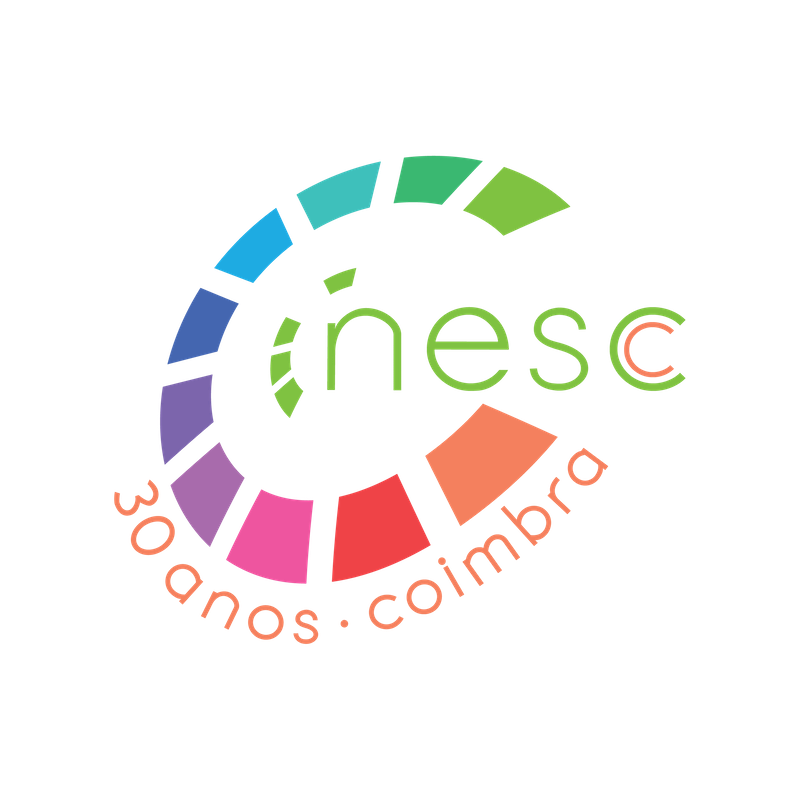Workshops
For more details, click the workshop titles to visit the workshop websites.
1st ACM SIGEnergy Workshop on Fair, Accountable, Transparent, and Ethical (FATE) AI for Smart Environments and Energy Systems
With the advent of IoT, high performance computing, and ubiquitous and smart sensing, the SenSys/BuildSys community is noticing a big shift in the adoption of data-driven black-box modeling (also referred to as AI) to solve problems in the space of smart environments and energy systems. As a result, these AI-enabled systems for smart buildings, smart cities, smart grids, electric transportation, among others are attaining better accuracy and efficiency numbers every year. However, these data-driven black-box solutions are rarely held accountable for the impact of their actions on the human in the loop which significantly impacts their real-world adoption. To truly conceptualize the idea of smart systems for everyone, it is critical to study AI-enabled smart environments and energy systems to enforce energy equity and ensure not just clean and resilient energy systems, but also make them affordable and accessible for all. The first ACM SIGEnergy workshop on Fair, Accountable, Transparent, and Ethical AI for Smart Environments and Energy Systems intends to bring together researchers from diverse backgrounds and discuss key issues, challenges, breakthroughs, and socio-economic impact in developing fair, accountable, transparent and ethical AI techniques for smart environments and energy systems.
Call for paper
FATEsys 2021 Call for Papers
Important Dates
- - Submission Deadline: September 3, 2021 (AOE)
- - Notifications: September 24, 2021 (AOE)
- - Camera-ready: October 1, 2021 (AOE)
- - Workshop: TBD
General Co-Chairs
- Milan Jain (Pacific Northwest National Laboratory, Richland, WA, USA)
- Pandarasamy Arjunan (Berkeley Eduation Alliance for Research in Singapore (BEARS))
2nd International Workshop on Reinforcement Learning for Energy Management in Buildings & Cities (RLEM)
RLEM brings together researchers and industry practitioners for the advancement of (deep) reinforcement learning (RL) in the built environment as it is applied for managing energy in civil infrastructure systems (energy, water, transportation). Following BuildSys's directive, the conference will be held virtually in November 17th 2021. More information about how to join the virtual sessions will be posted here soon.
RLEM'21 will be held in conjunction with ACM BuildSys'21
Submission
Important Dates
- - Abstract submission: August 16, 2021 (AOE)
- - Paper submission: August 23, 2021 (AOE) (AOE)
- - Notifications: September 27, 2021 (AOE)
- - Camera-ready: October 1, 2021 (AOE)
- - Workshop: TBD
General Chair
- Zoltan Nagy (University of Texas at Austin)
1st ACM International Workshop on Big Data and Machine Learning for Smart Buildings and Cities
The proliferation of urban sensing, IoT, and big data in buildings, cities, and urban areas provides unprecedented opportunities for a deeper understanding of occupant behavior, transportation,
and energy and water usage patterns. However, utilizing the existing data sources and modeling methods in building science to model urban scale occupant behaviors can be pretty challenging. Therefore, technological progress is
needed to unlock its full potential. In order to fulfill the latter task, this workshop focuses on the methodologies for big urban and building data collection, analytics, modeling, and real-world technology deployment. Additionally, a
spotlight will be put on the ongoing project IEA EBC Annex 79 Subtask 2: Data-driven occupant modeling strategies and digital tools.
The workshop aims
to open up discussions on 1) challenges of the current modeling approaches in building science, 2) big data modeling paradigms that could be applicable in building science, urban infrastructure data modeling, 3) requirements on the data
collection infrastructure required for increasing the volume of data collection, and 4) future research directions using urban big data. An important part of the workshop will be dedicated to accelerating the open-world deployment of
developed technologies. For instance, how can the guidelines, model benchmarking, and standardization unlock the potential of the big data, buildings, urban scale occupant behavior modeling and energy consumption data.
4th ACM DATA Workshop, the Data: Acquisition To Analysis (DATA)
As the enthusiasm for and success of the Internet of Things (IoT), Cyber-Physical Systems (CPS), and Smart Buildings grows, so too does the volume and variety of data collected by these systems. How do we ensure that this data is of high quality, and how do we maximize the utility of collected data such that many projects can benefit from the time, cost, and effort of deployments?
The Data: Acquisition To Analysis (DATA) workshop aims to look broadly at interesting data from interesting sensing systems. The workshop considers problems, solutions, and results from all across the real-world data pipeline. We solicit submissions on unexpected challenges and solutions in the collection of datasets, on new and novel datasets of interest to the community, and on experiences and results—explicitly including negative results—in using prior datasets to develop new insights.
The workshop aims to bring together a community of application researchers and algorithm researchers in the sensing systems and building domains to promote breakthroughs from integration of the generators and users of datasets. The workshop will foster cross-domain understanding by enabling both the understanding of application needs and data collection limitations.

















